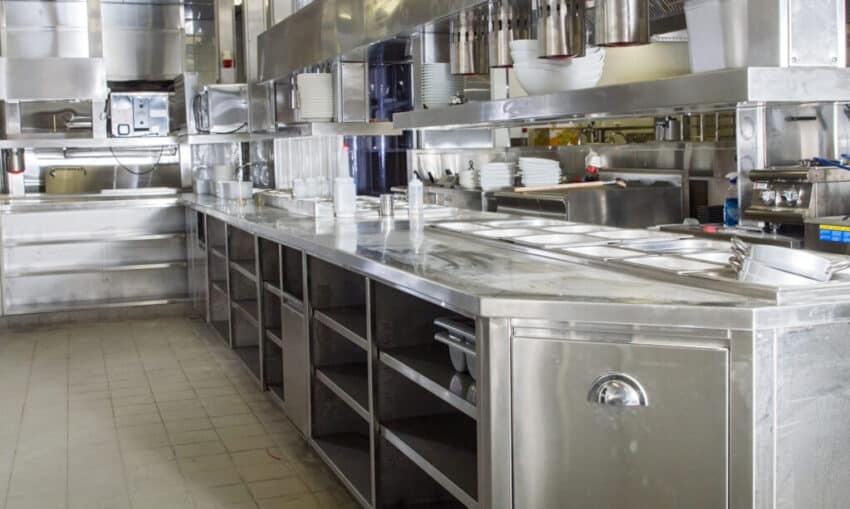Compass Group said it expected to return to break-even at a trading level in the fourth quarter on the back of the reopening of units, an increase in volumes and “a relentless focus” on efficiencies.
The world’s biggest catering group reported a 36 per cent decline in organic, or underlying, revenues in the final quarter, an improvement on the 44 per cent fall suffered in the third quarter. For the full-year to the end of September, revenues fell by 19 per cent.
The group cautioned that the figures excluded any contract impairments and estimated that, after reviewing its contract portfolio, it would have to take a hit of about £100 million.
It said that, including impairments, it expected a fourth-quarter decline of 3 per cent in the operating margin, compared with a 5.2 per cent fall in the previous three months. It said the underlying full-year margin would be about 3 per cent.
Compass Group, once part of Grant Metropolitan, is the world’s biggest contract caterer ahead of Sodexo, generating annual revenues last year of £25.2 billion. Before the pandemic, it employed 600,000 people in 45 countries serving 5.5 billion meals in work canteens, schools and universities, on offshore oilrigs, in the defence sector and at sporting events.
The company has been hit hard by coronavirus but it secured its financial position in May by launching a £2 billion equity raising and it has total liquidity of about £5 billion.
During the pandemic, the FTSE 100 group has taken stringent measures to cut costs and preserve its cash, including scrapping the dividend, cutting boardroom pay and furloughing staff.
In July, The Times reported that in the UK it had made about 350 of its 60,000 UK employees redundant as a result of the Covid-19 lockdown. It has not commented on numbers, but today’s emphasis on efficiencies and costs suggests that many more job losses are likely to have followed as the different sectors of the business adjust to the massive challenges posed by the pandemic.
While sectors such as education, healthcare and factories have proved relatively resilient, its office canteens have been hit by the shift to remote working, while its sports business has effectively been mothballed by the continued prohibition on spectators.
It said that “resizing costs” in the fourth quarter would be about £90 million, bringing the total for the year to £130 million. These are reorganisation costs to reflect the slower pace of recovery in some parts of the business.
On a regional basis, North America, the group’s engine room of growth, reported a 38 per cent fall in organic revenues, compared with a 45 per cent decline in the third quarter, helped by the reopening of schools and signs of recovery in its business and industry operations.
The decline in its European business improved from 53 per cent to 39 per cent on the back of a continued good performance in healthcare and a “meaningful increase” in clients reopening in business and industry and education. Its sports and leisure sector remains “mostly closed”. Its rest-of-world business went from a fall in revenues of 21 per cent to 18 per cent.
The company said it was pleased with its progress in the final quarter and remained positive about the “significant market opportunity globally”, but added: “The pace at which our revenues and margins will recover remains unclear, especially given the possible increase in lockdown measures in the northern hemisphere through the winter months.”


